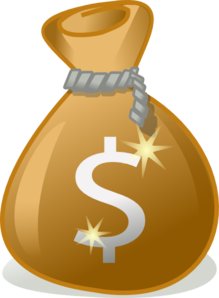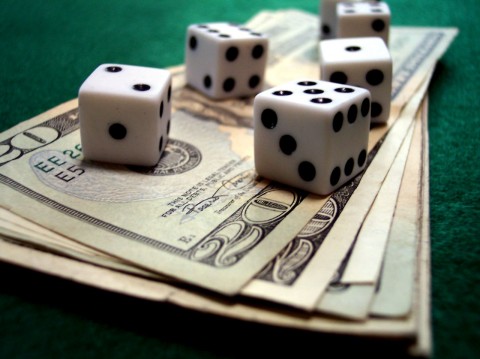Trading Educators Blog
Winning traders manage risk. Risk management is vital for their survival. But financial risk management doesn't come naturally for most people. Behavioral economists have shown that people can be extremely undisciplined when it comes to risk control. After a big win, they can become overconfident to the point of exuberantly taking unnecessary risks. And after a big loss, they have a strong desire ...
Before the opening bell rings, you may have clearly outlined your trading plan. You know where you will enter, and which signals will indicate the plan has gone sour. But when you try to execute the trade a few hours later, you find that you can't control your emotions. You enter, the market moves against you, and you panic. Stuck and frozen, you don't exit as you had planned. The market continues...
Have you ever seen a pattern emerge, and you instinctively trusted your gut instinct even though your logical mind told you otherwise? Sometimes it works, but other times your intuition may fail you. Scientists are fascinated by how people use intuition. There's something intriguing and mystical about it. Intuition helps us make quick and rapid decisions without full conscious awareness, but somet...
Careful risk management is a key component you being able to trade at your best. Comfort level is really important when it comes to risk. You need to be comfortable in three areas: Emotional, Mental, and Financial. We could even add Physical to that list without having to make too great a stretch. If there is a real danger that you will lose large amounts of capital, or money that you just can't a...
A few years ago I had an interesting conversation with Joe about "what makes a trader a successful trader". We discussed this over several days because we wanted to find out how we can help struggling traders to enhance their trading. We finally came to the conclusion that "confidence" is what makes a huge difference. A trader can have a good system, good money and risk management in place, good u...
Money management involves a number of things and it is not to be confused with trade management. Money management is static. It deals with things like deciding the size of your margin account; deciding how much of your account you will put at risk on any one trade; deciding where to place your stop; and deciding on fixed objectives. The main purpose of money management is to save you from a disast...
On a regular basis I get questions regarding Forex Trading in general or AlgoStrats:FX like: - How many Pips do you make per month? - How many Pips does a good trader make per month? - Does your Strategy make 100 Pips a week? Additionally to that, there’s advertisements all around that promise traders 1000 pips a month or performance reports that look like this: This month trades: 27 Sep: GBP/NZD ...
A few years ago I had an interesting conversation with Joe about “what makes a trader a successful trader”. We discussed this over several days because we wanted to find out how we can help struggling traders to enhance their trading. We finally came to the conclusion that “confidence” is what makes a huge difference. A trader can have a good system, good money and risk management in place, good u...
I say that because trading is not an exact science. You can't do X and get Y every time. Trading does not fit the definition of science. It is not totally objective. It is as much an art as it is anything else. There is no magic formula. Trading is all about probability. It is the art of correctly applying a set of carefully thought out rules and allocating the probability of that event to result ...
Over-trading fits in under the topic of risk management. We are talking “risk control.” First, I would say that risk management is one of the most important things that you really need to understand. Second, you must begin to under-trade, under-trade, under-trade. Whatever you think your position ought to be, cut it at least in half. My experience with novice traders is that they trade 3 to 5 time...
What’s better to trade the currency markets? Trading Futures or Forex? This is the question I try to answer in my new video, where I briefly discuss the major differences between trading Futures and Forex from my perspective. At the end though there’s no “right” answer to that question, as it really depends on your needs.
One of the questions every trader has to think about at some point is, how much of my account should I risk per trade? A percentage? If so, what percentage? I’d love to have the right answer in my pocket for you, like "exactly 1.25% per trade/market and no more than 5% at the same time," but unfortunately, I don’t. Again I know you don’t want to waste too much time with this bo...
About a year ago I wrote an article about measuring performance where I explained the concept of measuring trading performance in Rs instead of $s. Everyone who trades for a while quickly realizes that $s don't really say too much about performance. You made $10? Maybe great. You made $50.000? Maybe not so good. The question always is in relation to what? What account size does the t...





